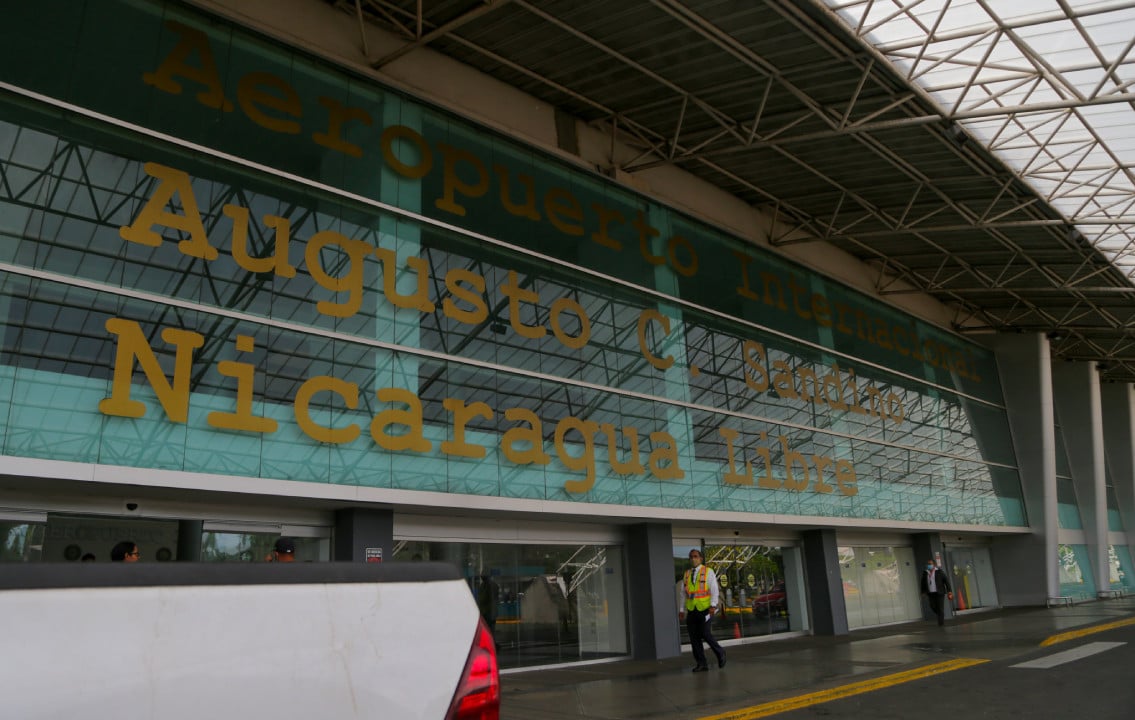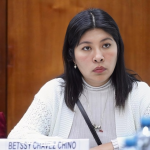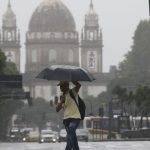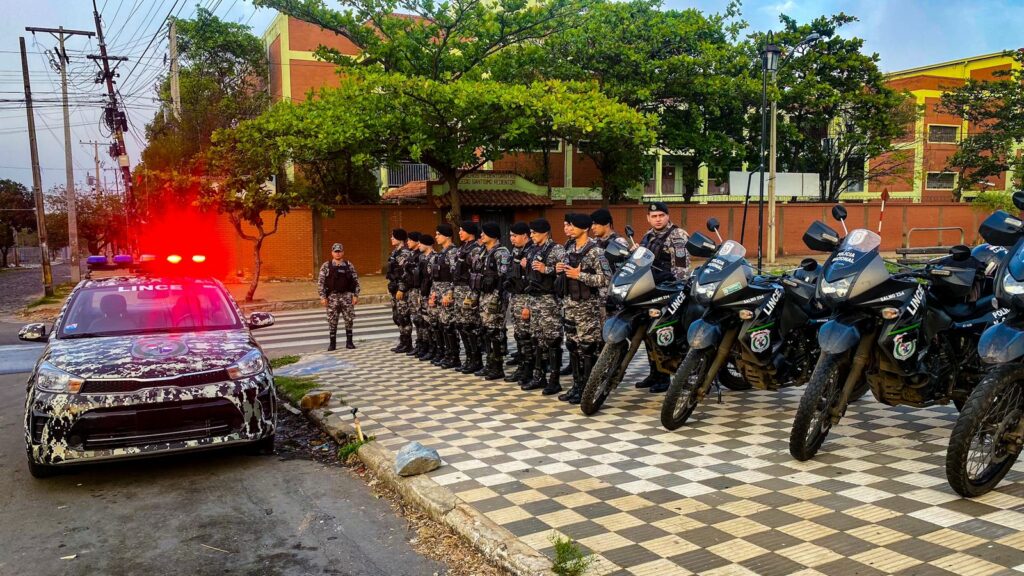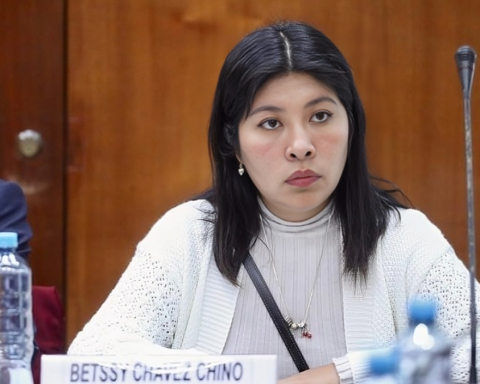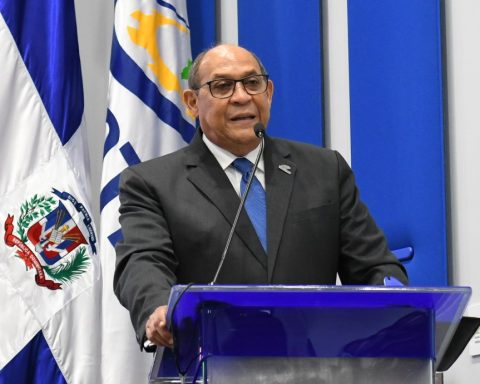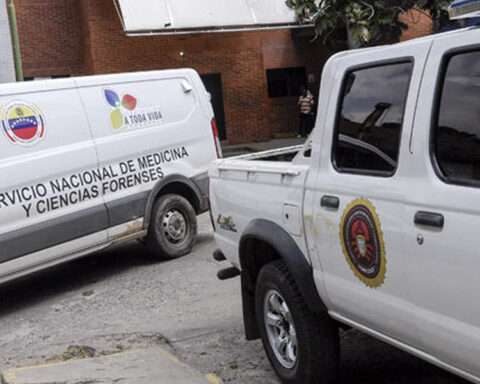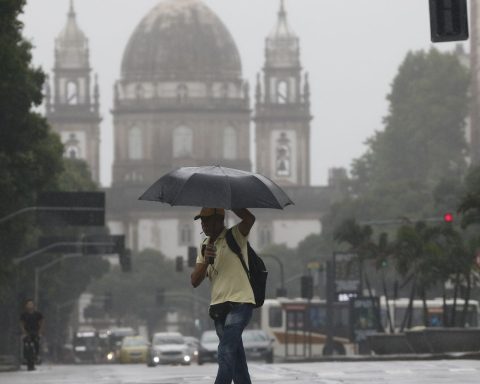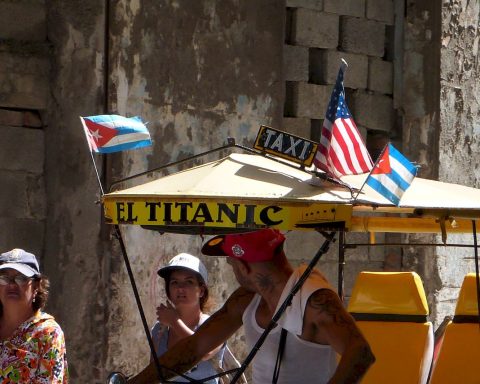The Ortega dictatorship has imposed immigration restrictions —banishments, retentions and harassment— against some 140 Nicaraguans, according to the Mesoamerican Initiative of Women Human Rights Defenders (IM-Defensoras). This repressive policy has been executed since 2018.
68.5% of these migratory attacks occurred between 2021 and 2022. They also point out that among those affected there are at least 16 feminist defenders who were banished in that period.
“Most of the cases are about defenders who had left the country for some personal or work reason and when they tried to re-enter the immigration authorities they were denied entry,” they explain.
This repressive act is “a very serious fact” that threatens the Political Constitution of Nicaraguawhich in article 31 establishes that “Nicaraguans have the right to freely enter and leave the country”.
In addition, it violates the American Convention on Human Rights, which in article 22, numeral 5, specifies that “No one can be expelled from the territory of which he is a nationalnor be deprived of the right to enter it”.
“Nearly half of these assaults (60) were directed against women human rights defendersactivists or relatives of human rights defenders”, they point out.
The defenders explain that the exile, considered as the act of denying entry to Nicaragua, has left an “exemplary effect” on Nicaraguans, who, seeing how this form of repression operates, live with uncertainty and fear of being expelled from the country at any moment.
Regime uses migratory harassment
This Mesoamerican initiative, which brings together feminists from El Salvador, Honduras, Mexico and Nicaragua, based their analysis on feminist and human rights defenders. In this they found that the most frequent aggression is migratory retention.
Withholding refers to cases where the State permanently or temporarily stripped them of their passport or annulled them. In this last situation, it caused them to remain in a “civilian death”mainly those who left the country after the situation of violence.
“For all of them not having a valid passport or residence permit entails impediments to renew work permits or bank cards, or to have identification cards, among others”, they underline.
Many of the defenders they have been trapped in states with immigration laws of a xenophobic nature. This causes difficulties to move and access basic services, “being at the mercy of precariousness, vulnerability and lack of protection,” they lament.
Cases of migratory harassment have also been frequent. In a preliminary mapping carried out by the defenders, they found at least 17 cases. These cases include interrogations or temporary retention at border posts, non-renewal of identification documents, delays in the delivery of documentation and the imposition of periodically going to Migration to sign.
Immigration repression affects mental health
The exile has caused a “brutal impact” in human rights defenders and also in their families, they point out. Well, these, “from one day to the next are separated from their sons and daughters, from the people they care for, from their relatives and loved ones; they cannot return to their home, to their work, to their struggles, to their medical treatments and routines of life.”
They have identified in the defenders repercussions on your mental health due to family uprooting and the destabilization of their support networks. Among the affectations, stress, emotional exhaustion, anguish, psycho-emotional problems for fear that their relatives will be affected, anger, loss of sleep and fear of losing their assets: house, vehicle, etc.
“Daniel Ortega, feudal chief of Nicaragua, imprisons and exiles women who threaten his totalitarian power, thereby not only seeks to punish them but also to send a message of terror and threats against the women who day in Nicaragua continue to fight for a country where neither the State nor the patriarchy undermine the rights and dignity of people,” they point out.
In recent months, the Ortega regime has attacked the feminist movement through the cancellation of legal status. According to a count by IM-Defenders, already there are 176 feminist and human rights organizations who lost their legal status.
The latest cancellation this week included a shelter for women located in Somoto, department of Madrizwhich was created by the Mujeres Itza collective and was operating at the time of removal.
“The forced closure of this shelter is one example, among many others, of the impacts of these cancellations on the rights of the Nicaraguan womenwho remain in a situation of greatest vulnerability and vulnerability in a country where femicides and sexist violence are the order of the day”, they denounce.
